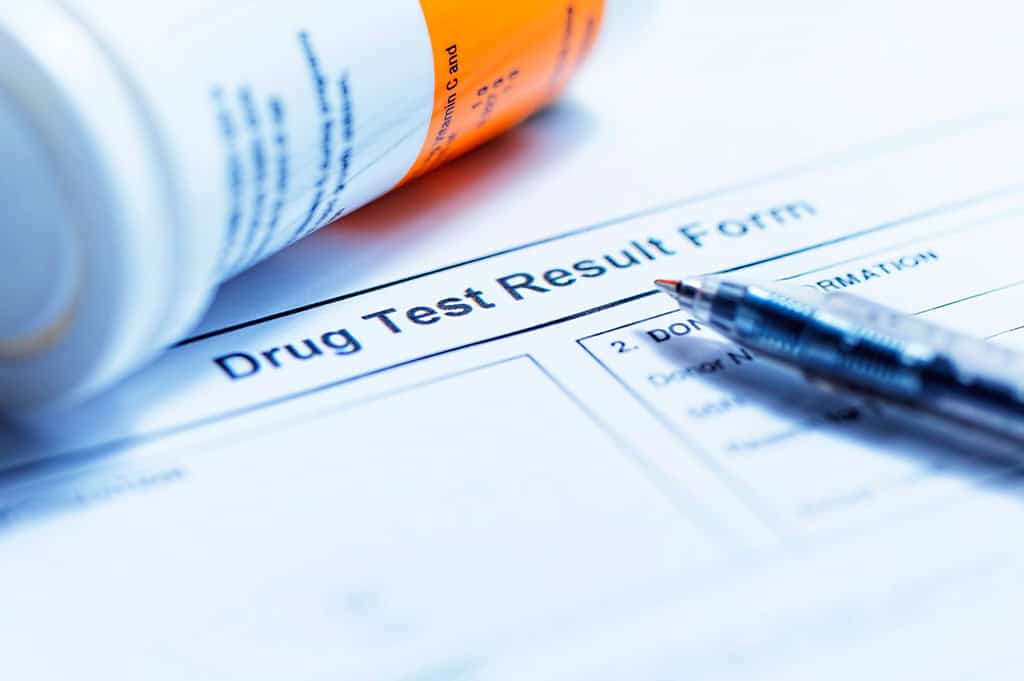Learn how long fentanyl stays in your system, including detection windows for urine, hair, and blood tests. Get help at Rockland Recovery in Braintree, MA.
Fentanyl is a powerful synthetic opioid that is often used to treat severe pain, especially after surgery or for those with chronic conditions. While it is a prescription opioid when used medically, fentanyl is also commonly found in the illegal drug supply, often mixed with heroin or counterfeit pills. Understanding how long fentanyl stays in your system is crucial if you are concerned about drug tests, overdose risks, or are considering treatment options like MAT (medication-assisted treatment).
Because fentanyl is so potent, it stays in the body differently than other opioids. Several factors impact how quickly it leaves your system, including the type of fentanyl used, your metabolism, and how long you’ve been using it.
How Fentanyl Works in the Body
Fentanyl works by binding to the brain’s opioid receptors, which control pain and emotions. This action creates intense feelings of relaxation and euphoria, but also slows down breathing and heart rate. This is what makes fentanyl both effective for pain management and extremely dangerous when misused.
Fentanyl is stronger than most prescription opioids, about 50 to 100 times more potent than morphine. The body breaks it down into metabolites, the most common being norfentanyl, which is often what drug tests detect.
How Long Is Fentanyl Detectable in Drug Tests?
The answer depends on the type of test and whether fentanyl was taken once or repeatedly. Fentanyl has a short half-life—usually between 3 to 12 hours—but that doesn’t mean it disappears right away. Instead, its byproducts, like norfentanyl, stay longer and are what most drug screenings look for.
Fentanyl Drug Screen Windows
Here’s how long fentanyl can typically be detected:
- Urine Test: Usually detects fentanyl for 24 to 72 hours after last use. In cases of heavy or chronic use, it may be detected for up to 4 days.
- Blood Test: Detects fentanyl for about 5 to 48 hours.
- Saliva Test: Can show fentanyl for 1 to 4 days, but is less commonly used.
- Hair Test: Can detect fentanyl use for up to 90 days, depending on hair length and growth rate.
These detection windows can vary based on factors like age, weight, liver function, kidney health, frequency of use, and whether the fentanyl was an extended-release formulation.
Why Fentanyl Stays Longer for Some People
Everyone’s body processes fentanyl differently. A person with a high opioid tolerance—either from long-term prescription use or repeated fentanyl misuse—may process the drug more quickly or slowly depending on their liver function and overall health.
Extended-release prescription formulations stay in the body longer because they are designed to release the drug over time. This can extend how long fentanyl shows up on a drug screen.
The Overdose Risk of Fentanyl
One of the most dangerous things about fentanyl is its overdose risk. Even after the high wears off, fentanyl remains in fat tissues and slowly releases back into the bloodstream. This is especially true for people with high levels of body fat or slower metabolisms.
Accidental overdose often happens because fentanyl is mixed into street drugs without the user knowing. The synthetic opioid’s potency is so strong that even a tiny amount can cause respiratory failure.
MAT and Fentanyl Addiction Treatment
Because fentanyl is so addictive, stopping on your own can be extremely difficult. Withdrawal symptoms can start within 8 to 24 hours after the last use and often include anxiety, sweating, muscle aches, nausea, and intense cravings.
MAT (medication-assisted treatment) is one of the safest and most effective ways to recover from fentanyl addiction. Medications like Suboxone, methadone, or naltrexone help reduce cravings, balance brain chemistry, and lower the risk of relapse.
When combined with therapy, counseling, and peer support, MAT can offer a pathway to long-term recovery. Rockland Recovery in Braintree, MA, offers comprehensive programs tailored to meet each individual where they are in their recovery journey.
Fentanyl Drug Testing: What You Need to Know
Not all standard drug tests detect fentanyl. Because fentanyl is a synthetic opioid, it doesn’t always show up in a basic opioid panel. Special tests specifically look for fentanyl and its metabolite, norfentanyl.
If you are concerned about a drug test, whether for employment, legal reasons, or medical treatment, it’s important to know that fentanyl requires specific detection methods. This is especially true for people undergoing opioid testing in recovery programs or workplaces.
Start Your Recovery from Fentanyl Today
If you are struggling with fentanyl use or worried about how long it stays in your system, you are not alone. The risks of fentanyl are real—from overdose to legal and employment challenges. But help is available. At Rockland Recovery in Braintree, MA, we offer personalized addiction treatment, including MAT, counseling, and support designed to help you reclaim your life.
Don’t wait until it’s too late. Reach out to Rockland Recovery today to speak with a compassionate admissions specialist. We’re here to answer your questions and help you start your recovery journey. Call us or visit our treatment center to get started now.
Resources
https://nida.nih.gov/research-topics/fentany
https://www.dea.gov/factsheets/fentanyl.
